How Long Do Antibodies Stay In Your Body After Coronavirus
Memory B cells which make antibodies increased for a few. Its reasonable to assume that there.
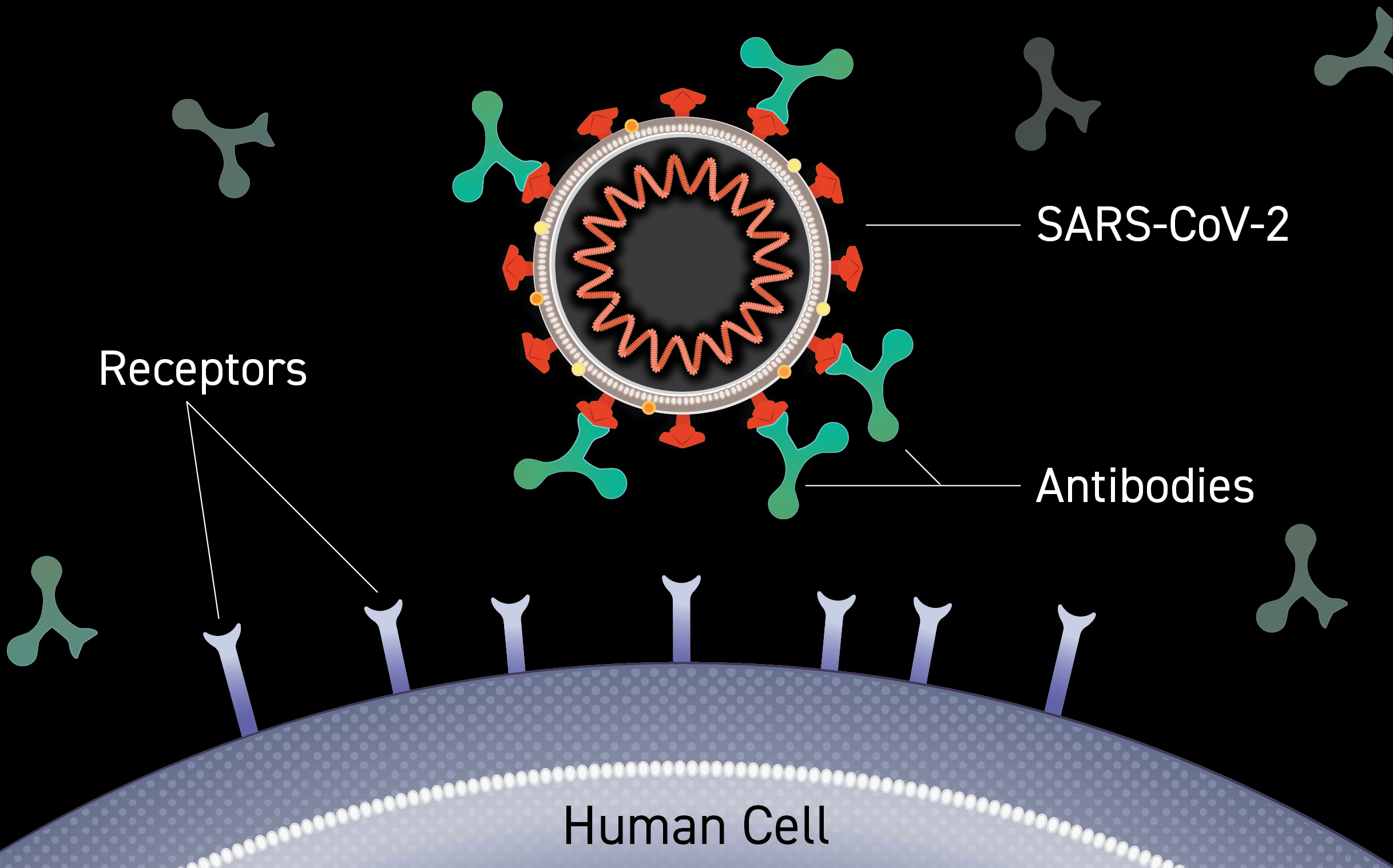 Science Of Vaccines And Monoclonal Antibodies Covid 19 Prevention Network
Science Of Vaccines And Monoclonal Antibodies Covid 19 Prevention Network
At least three months.
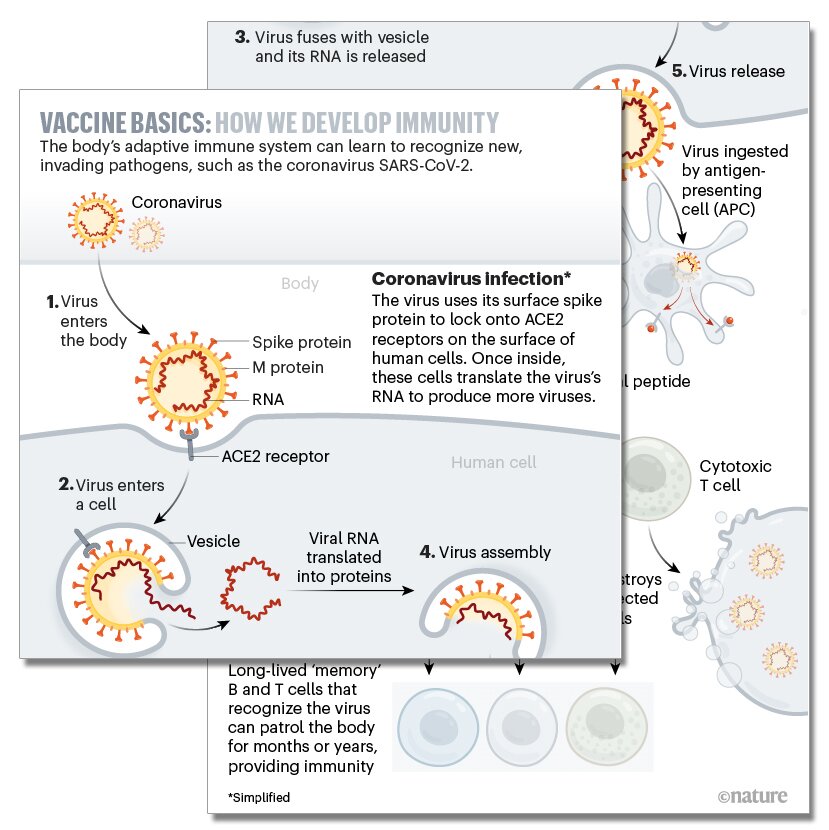
How long do antibodies stay in your body after coronavirus. It finds that 90 of those people had antibody responses that lasted at least three months. They slightly decreased six to eight months after infection. Now data from the UK Biobank can put a well-researched length of time forward as an answer to that question.
It varies from person to person but how dramatic the initial response is does not necessarily relate to the long-term response. Many people who have recovered from SARS have gone on to develop chronic fatigue syndrome a complex disorder characterized by extreme fatigue that worsens with. As the patients were no longer coughing or sneezing the potential means of transmission were albeit much reduced.
In the case of the two mRNA COVID-19 vaccines well over 90 percent of people immunized developed the protective adaptive immune response while fewer than 50 percent developed any side effects and most were mild. Thats how long coronavirus-fighting antibodies stay in the human body following a COVID-19 infection. The number and type of antibodies varied between people.
Whether you test positive or negative for COVID-19 on a viral or an antibody test you still should take steps to protect yourself and others. Antibodies are proteins made by the immune system to fight infections like viruses and may help to ward off future occurrences by those same infections. All 15 of these donorss blood saw declines in antibodies starting at 88 days post-symptom onset but the most striking finding of this small study is that a further 21 days after 88 day mark half.
An antibody test may not show if you have a current infection because it can take 13 weeks after the infection for your body to make antibodies. In contrast some other antibody types decline more quickly. After infection with the COVID-19 virus it can take two to three weeks to develop enough antibodies to be detected in an antibody test so its important that youre not tested too soon.
Researchers found that the antibodies had a half-life of 73 days which means that half of them would be gone after that much time. Immune cell levels also remained high. You may never know how strongly your body.
The study published in the New England Journal of Medicine suggests that the antibodies might protect people whove already had COVID-19 from being reinfected for at. But the levels usually remained stable over time. Their average age was 43 and most had mild symptoms.
How long anti-SARS-CoV-2 antibodies persist after infection remains unknown although IgG antibodies including IgG against the S and N proteins persist for at least several months in most persons 7. People with COVID-19 the disease caused by the new coronavirus have been found to carry antibodies against the bug for at least two weeks after recovering in a small study. Seroreversion has been reported among persons with mild disease 8.
Antibodies can take days or weeks to. 6 months minimum for 88 of. Scientists found that over 95 of the patients developed an antibody response after eight days from symptom onset but the amount of neutralizing antibody produced was highest in patients.
The new findings show that people who survive a COVID-19 infection continue to produce protective antibodies against key parts of the virus for at least three to four months after developing their first symptoms. Its common to experience side effects after getting the COVID-19 vaccine with the most common symptoms being soreness at the injection site fatigue headache chills fever and joint pain. Because its difficult to predict long-term outcomes from the new COVID-19 virus scientists are looking at the long-term effects seen in related viruses such as the virus that causes severe acute respiratory syndrome SARS.
But another study following four medical professionals treated at a Wuhan hospital revealed that traces of the virus could persist in the body for up to two weeks after symptoms had vanished. Antibodies may be detected in your blood for several months or more after you recover from COVID-19. And these antibodies neutralized the virus at least in the lab.
 Coronavirus Igg Igm Iga Antibody Test Available Allcare Allcare Family Medicine Urgent Care
Coronavirus Igg Igm Iga Antibody Test Available Allcare Allcare Family Medicine Urgent Care
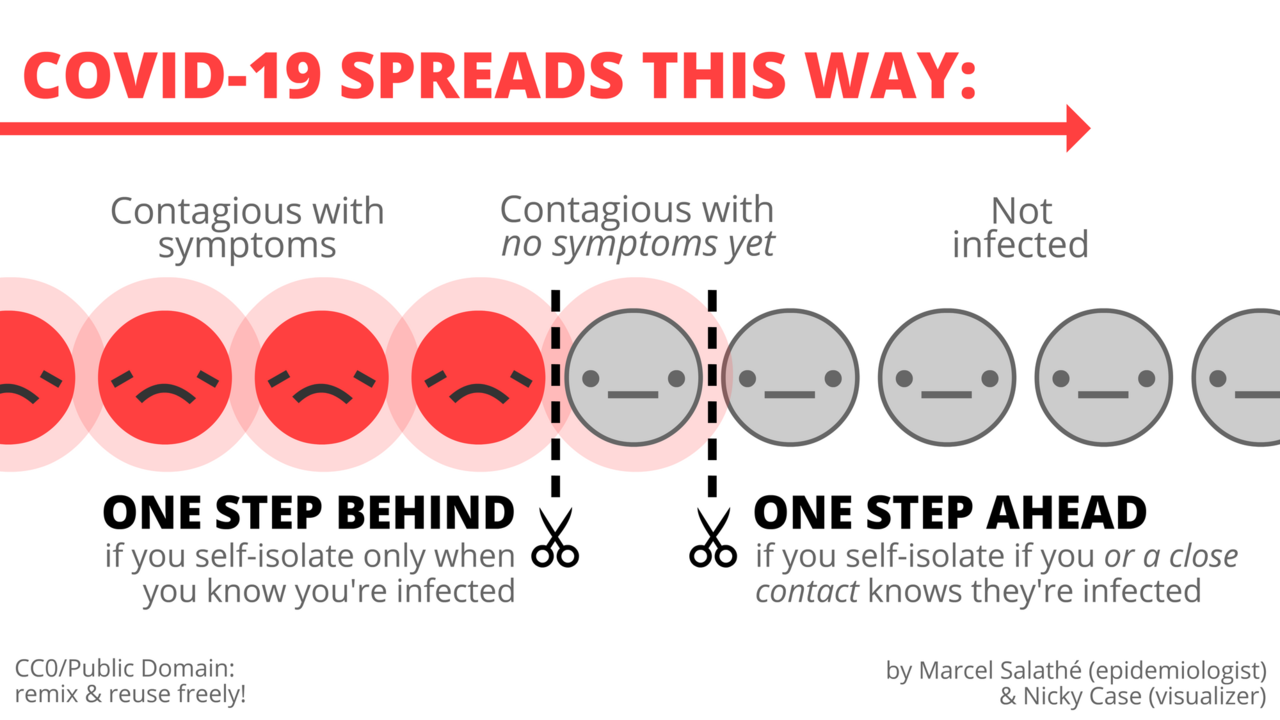 What We Need To Understand About Asymptomatic Carriers If We Re Going To Beat Coronavirus
What We Need To Understand About Asymptomatic Carriers If We Re Going To Beat Coronavirus
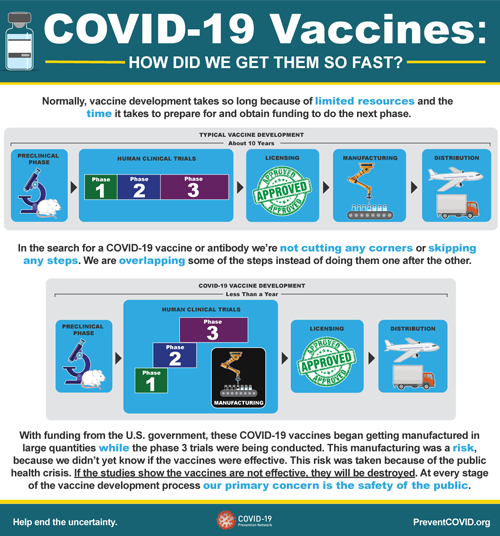 Science Of Vaccines And Monoclonal Antibodies Covid 19 Prevention Network
Science Of Vaccines And Monoclonal Antibodies Covid 19 Prevention Network
 Science Of Vaccines And Monoclonal Antibodies Covid 19 Prevention Network
Science Of Vaccines And Monoclonal Antibodies Covid 19 Prevention Network
 The Immune System S Fight Against The Coronavirus Science In Depth Reporting On Science And Technology Dw 07 04 2020
The Immune System S Fight Against The Coronavirus Science In Depth Reporting On Science And Technology Dw 07 04 2020
 What Does 5g Have To Do With Coronavirus Where Did It Come From Your Questions Answered Science In Depth Reporting On Science And Technology Dw 15 04 2020
What Does 5g Have To Do With Coronavirus Where Did It Come From Your Questions Answered Science In Depth Reporting On Science And Technology Dw 15 04 2020
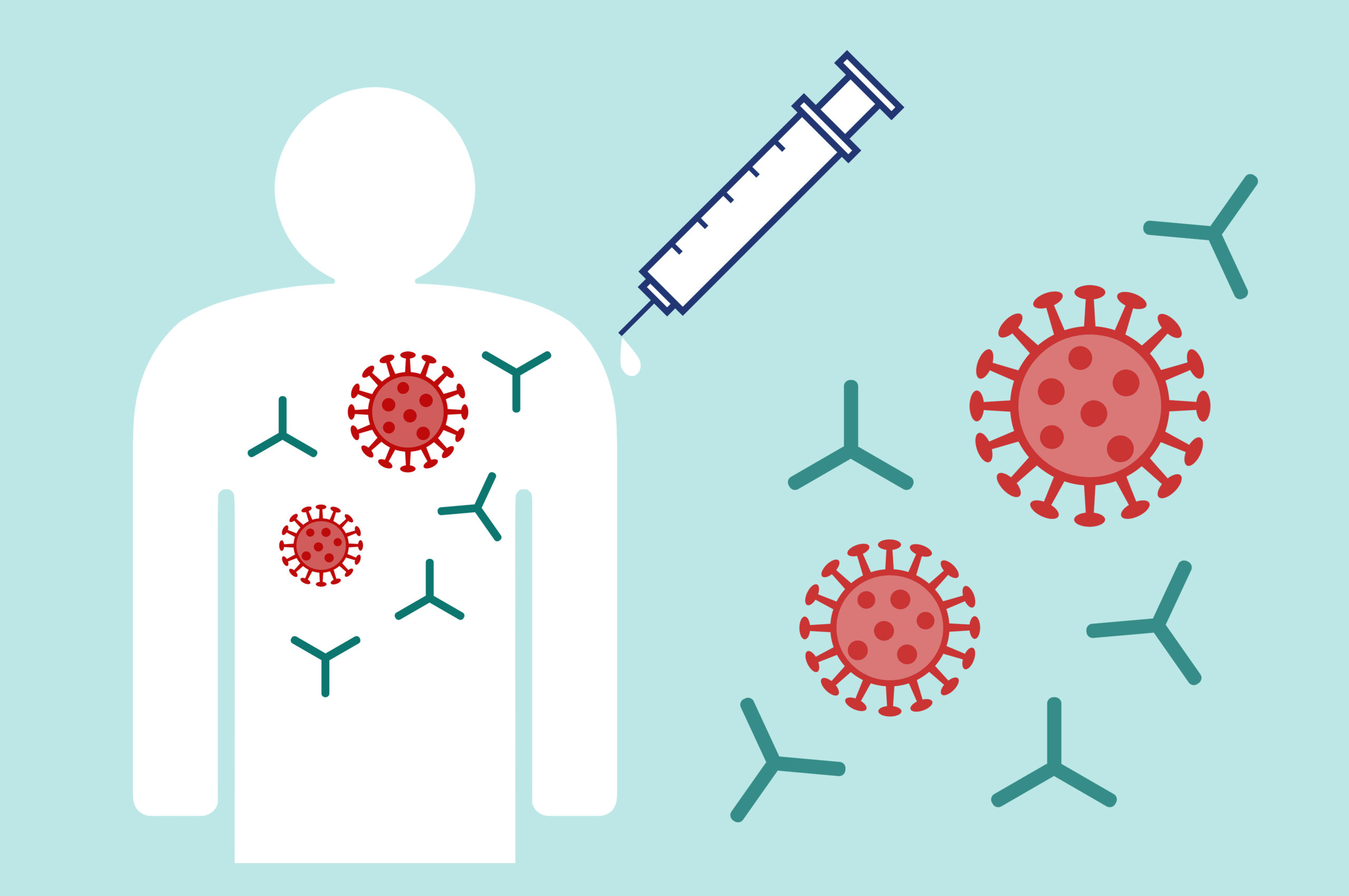 Antibody Testing After The Covid 19 Vaccine What To Know If You Re Immunocompromised
Antibody Testing After The Covid 19 Vaccine What To Know If You Re Immunocompromised
 How Long Does Covid 19 Immunity Last After Recovering Shots Health News Npr
How Long Does Covid 19 Immunity Last After Recovering Shots Health News Npr
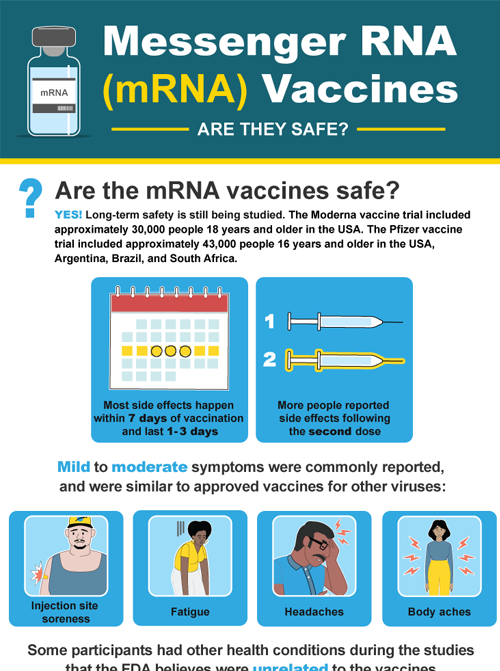 Science Of Vaccines And Monoclonal Antibodies Covid 19 Prevention Network
Science Of Vaccines And Monoclonal Antibodies Covid 19 Prevention Network
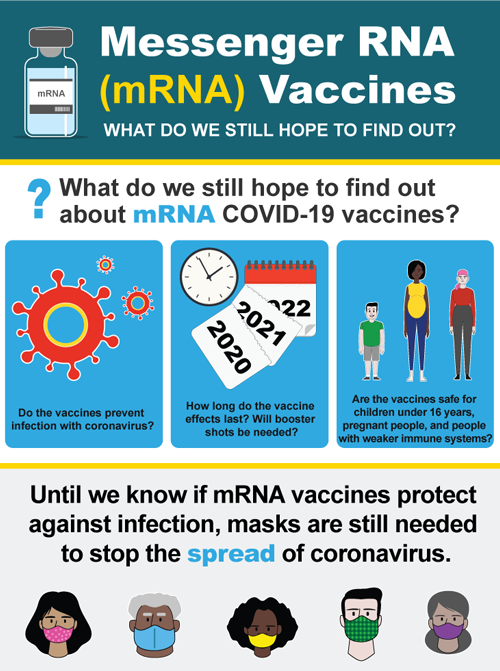 Science Of Vaccines And Monoclonal Antibodies Covid 19 Prevention Network
Science Of Vaccines And Monoclonal Antibodies Covid 19 Prevention Network
 10 Things To Know About Antibodies Amgen Science
10 Things To Know About Antibodies Amgen Science
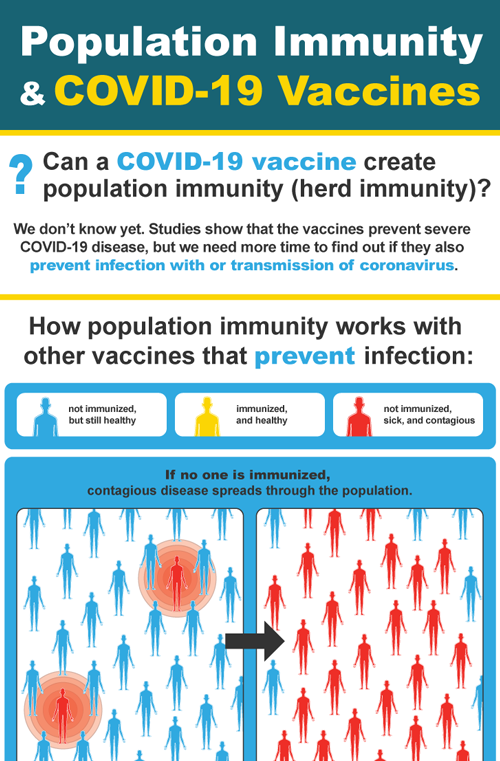 Science Of Vaccines And Monoclonal Antibodies Covid 19 Prevention Network
Science Of Vaccines And Monoclonal Antibodies Covid 19 Prevention Network
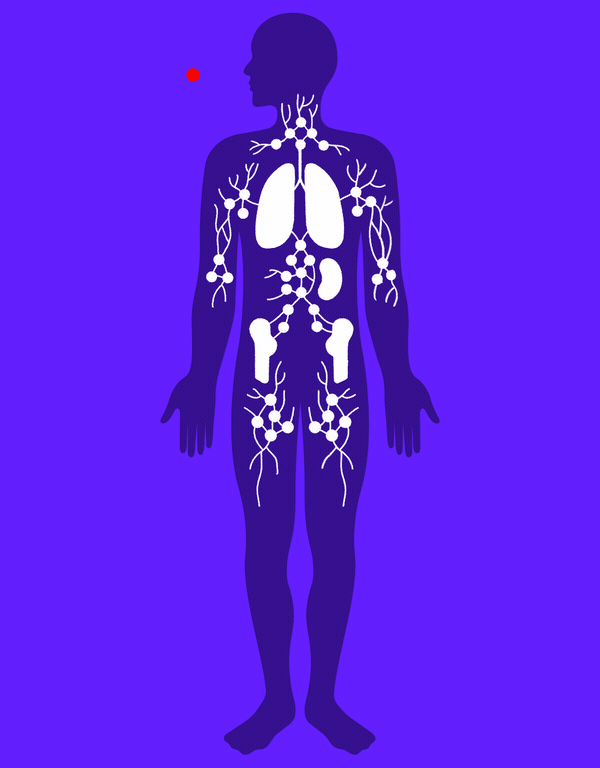 How The Coronavirus Hacks The Immune System The New Yorker
How The Coronavirus Hacks The Immune System The New Yorker
 The Immune System S Fight Against The Coronavirus Science In Depth Reporting On Science And Technology Dw 07 04 2020
The Immune System S Fight Against The Coronavirus Science In Depth Reporting On Science And Technology Dw 07 04 2020
 How Long Does The Coronavirus Last Inside The Body National Geographic
How Long Does The Coronavirus Last Inside The Body National Geographic
 Science Of Vaccines And Monoclonal Antibodies Covid 19 Prevention Network
Science Of Vaccines And Monoclonal Antibodies Covid 19 Prevention Network
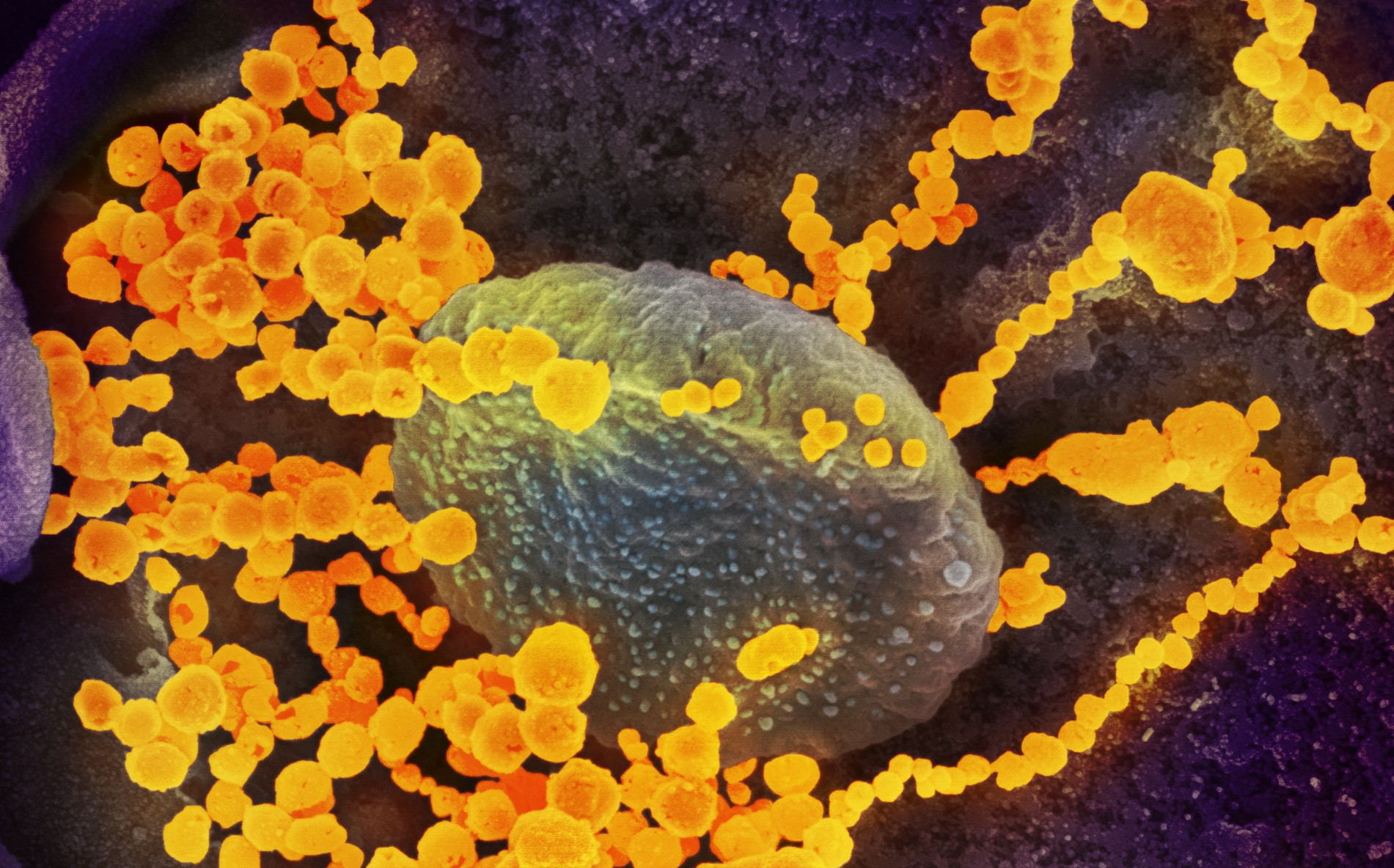 Covid 19 What To Know About Antibody Testing Cedars Sinai
Covid 19 What To Know About Antibody Testing Cedars Sinai
 Study Finds Nearly Everyone Who Recovers From Covid 19 Makes Coronavirus Antibodies Nih Director S Blog
Study Finds Nearly Everyone Who Recovers From Covid 19 Makes Coronavirus Antibodies Nih Director S Blog
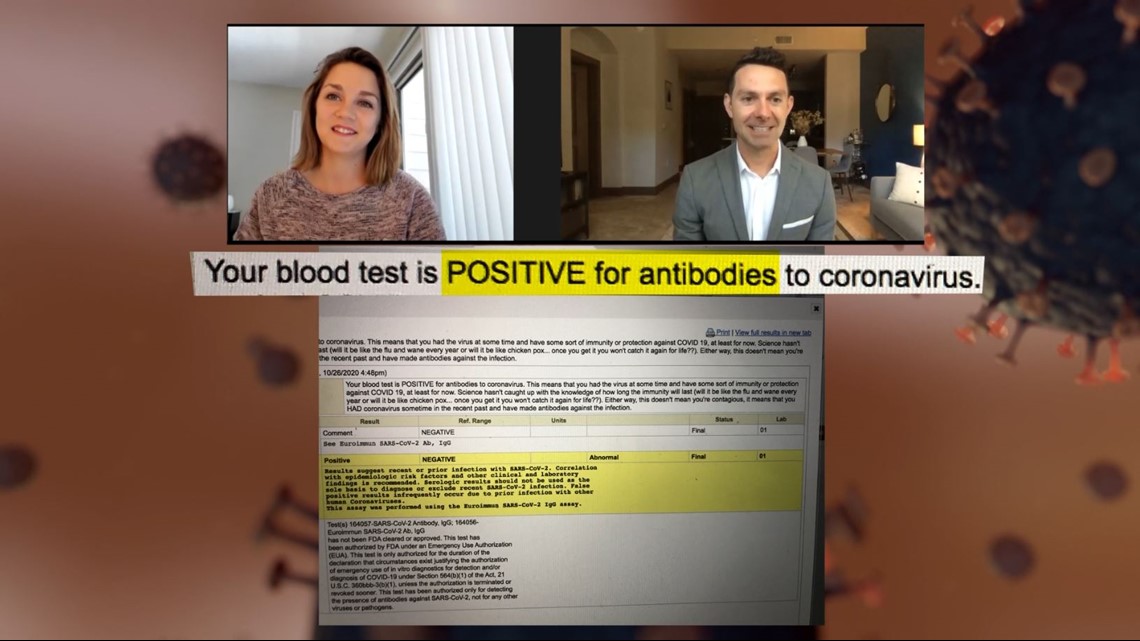 How Long Do Covid 19 Antibodies Last It S Complicated 11alive Com
How Long Do Covid 19 Antibodies Last It S Complicated 11alive Com
Post a Comment for "How Long Do Antibodies Stay In Your Body After Coronavirus"